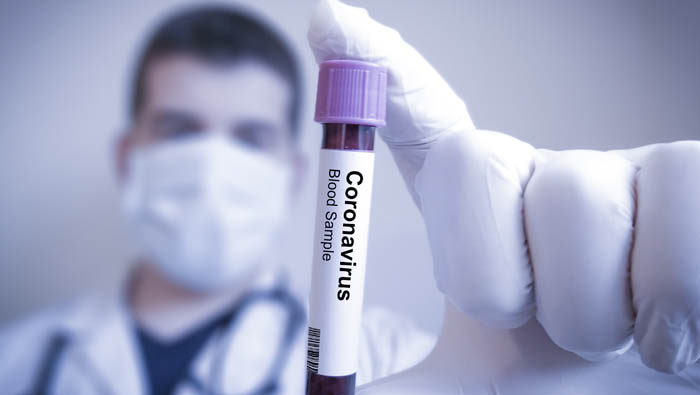
Muscat: The first phase of the National Serological Survey of COVID-19 which was launched on 12 July has been successfully completed. This sets the stage for the next phase.
The first phase has also contributed to clarifying the survey mechanism. Individuals, both citizens and residents of different age groups from different parts of Oman are selected to participate in the survey.
The whole exercise was launched to help determine the prevalence of COVID-19 infection in the community as part of the national strategy for the next phase of response to the pandemic. It is being conducted in stages, consisting of four cycles; each one lasting for five days and the time between two consecutive cycles is two weeks.
Finding solutions to the challenges faced by the teams at the field level, the collection of samples was been completed as per the numbers required for the first cycle. Necessary diagnostic tests are being carried out and the work is underway to analyse the results. The Directorate General of Disease Surveillance and Control will prepare a detailed report on the results of the first phase, and the next phases of the seroservey will be conducted as planned to assess the trend of the disease spread.
The start of the second phase, which was scheduled for last week, was changed as it coincided with the period of Eid Al Adha vacation and the subsequent closure of movement from one province to another.
The first phase has contributed to clarifying the survey mechanism, during which individuals are selected to participate, whether citizens or residents of different age groups in all provinces of Oman.
However some of the things that have raised questions among individuals in the community and need to be emphasised. These include firstly that the selection of people to participate will be randomly based to avoid the selection bias in the collection of samples and therefore increase the possibility of generalising the results later.
Secondly the persons selected to participate in the survey will be receiving a text messages from Ministry of Health that he/she had been selected. The message will be followed by a phone call to receive the initial verbal approval. That person will then be directed to the nearest health institution where written approval will be taken with the compilation of the participant's demographic data that will be collected through Tarassud+ application and then taking a blood test sample and not a nasal swab sample.
Thirdly that person will not be subjected to isolation after taking the sample during the waiting period of the result and will not be obliged to wear the electronic tracking bracelet.
Fourthly to emphasise the availability of members of the public health staff and medical staff who are able to communicate in different languages for non-Arabic speakers.
It should be emphasised here that there are no legal consequences for not participating in the survey as the process of participating is voluntary, but public awareness should be raised of the importance of this survey in assessing the prevalence of COVID-19 infection according to age group and monitor undiagnosed laboratory cases, assessing the level of infection in different states in Oman as well as the rate of infection in those who have not shown symptoms, and assessing the effects of closure in the regions on the spread of the epidemic.
The survey process has received positive community interaction through the participation in the survey process, which reveals a high degree of activation of individual and community responsibility, which will ensure that the goals hoped for by this survey are achieved in the coming phases.